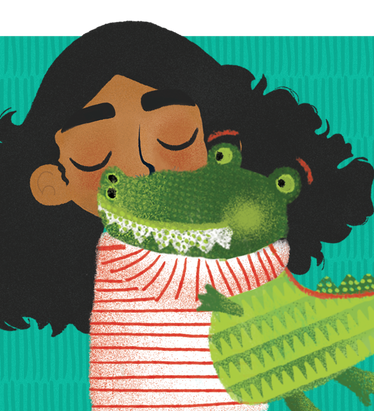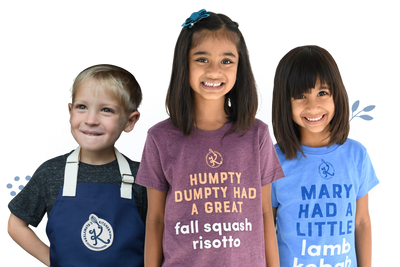
Resources
How to Say Thank You in Many Languages
Teach your little Taste Bud one of the most important phrases you can learn in another language—"thank you."
Wherever I’ve travelled in the world, I’ve always tried to learn the basics of the local language or languages. “Please, where is the bathroom?” “I’m very lost.” “Where should I get lunch around here?” And most importantly, what comes after the queries are answered—“Thank you.” There are so many things that are unique to individual cultures, and so much more that is shared.
No matter what language in which you choose to express it, gratitude is a universally shared sentiment.
The benefits of learning a second language as a child are well documented. Boosting critical-thinking and problem solving ability, concentration, listening skills and improved memory are just a few of these direct and quickly obvious benefits. In addition, learning another language as a child leads to more empathy, curiosity, and positivity towards cultures associated with those languages. Learning a new way to express a sentiment they already understand is yet another way to feel connected to people or places they may not otherwise get to experience. What better way to feel that connection than through words and feelings of gratitude? The power of acknowledging the support, or appreciating the effect that someone else has had on your own life is immeasurably important, particularly at a time when many of us are feeling so very disconnected from one another.
This past year, like everyone else, I couldn’t really travel. But I could feel and express gratitude even in the most difficult times, and I tried to do so as much as possible. I’ve been looking back fondly at trips I’ve taken in the past, cooking dishes from around the world in my own kitchen, and remembering smiles as food was handed to me at someone else’s table. I’m thanking the people that helped make those experiences special for me, and I try to do it in words that mean the most to them. It’s a small thing that makes me feel connected to them—knowing that for a time, I was immersed in cultures far away from me, but that despite any current physical barriers, we’re still tied together with different words and a shared joy in giving thanks.
We’ve gathered just a few words of gratitude from around the world for you and your tiny Taste Buds to learn together this year. Please share how you and your family give thanks and show love!
I’m grateful for every single one of you.

